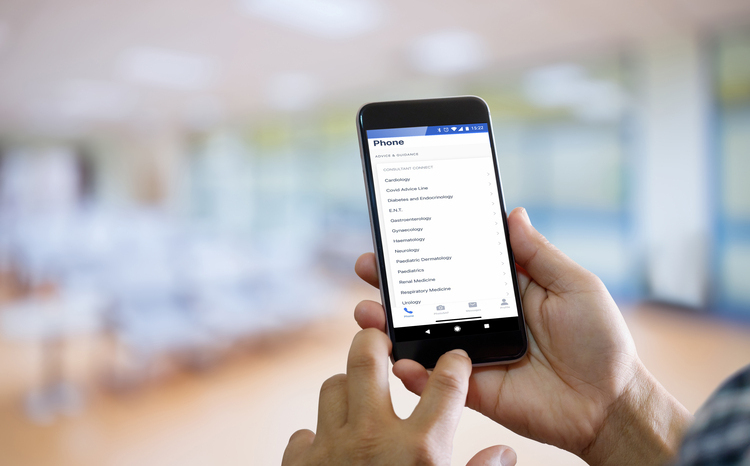Cochrane backs remote monitoring
- 13 August 2010
Remote monitoring of patients with heart failure can reduce deaths and hospital admissions, according to a research review.
A Cochrane Database Systematic Review found those patients whose condition was being monitored remotely were 34% less likely to die than those without access to technology.
Among people taking part in a programme to remotely monitor heart failure, there were 102 deaths per 1,000 patients compared with 154 deaths per 1,000 patients who did not receive remote monitoring.
The review, which looked at 245 studies covering 9,500 patients with chronic failure and 2,710 undergoing monitoring, found a difference between remote monitoring involving digital or wireless transmission of data to a clinician and telephone support in which patients reported their own data over the telephone.
The report found that deaths were lower among patients offered telephone support, although the difference was less marked.
A review of trials of telephone support covering more than 5,000 people showed that about 112 in 1,000 people receiving telephone support died compared to 127 in 1,000 people in the standard care group.
The researchers also found that telephone support and telemonitoring reduced the number of hospital admissions due to worsening heart failure
Lead researcher Sally Inglis from the Heart and Diabetes Institute in Melbourne, Australia, said limited health funding, and a rapidly expanding population of older patients, meant it was increasingly difficult for healthcare systems to provide high quality to patients with heart failure.
She added: “These technologies can provide specialised care to a large number of patients who otherwise may have limited access to this type of specialised healthcare.”
The review found the technology was acceptable to patients, with only between 3% and 4% unable to use the technology, and that some studies also showed improved in quality of life and reduced health care costs.
Inglis added: “More work is required on the cost-effectiveness of telemonitoring to establish the best business models. These may vary depending on local organisation of health services. The optimal duration of monitoring has not yet been addressed.”
In an accompanying editorial, Dr Juan-Pablo Casas and colleagues from the London School of Hygiene and Tropical Medicine argued that telemonitoring for chronic heart failure should now be the subject of an appraisal by the National Institute for Health and Clinical Excellence.
They added: “On the current evidence it is likely that the verdict will be ‘more trials needed’."




